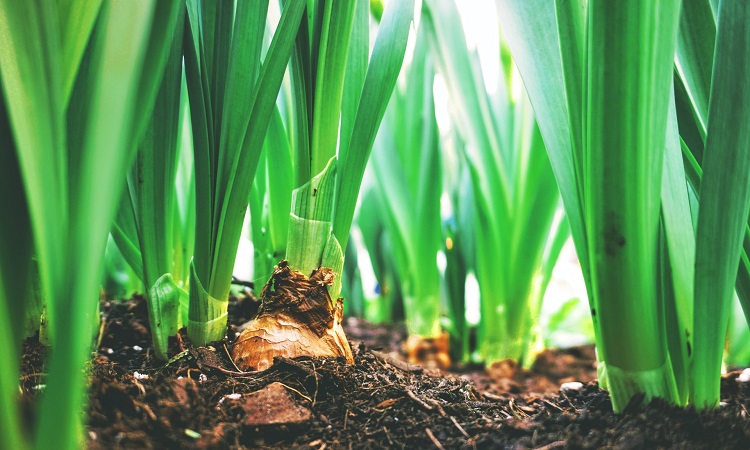Activities such as tilling the soil, installing deer fences, planting saplings or cuttings, watering, and harvesting help you spend a considerable amount of time outdoors where you can breathe fresh air. This is one of the main reasons why some people want to take up gardening.
If you have developed a recent interest in gardening, here are a few gardening tips for beginners to help you make the most out of your hobby.
Understand the Sunlight
Plants require 5-6 hours of daily sunlight to grow well. Hence, you need to be careful and study which parts of your property get good sunlight during the day. You can follow the sun’s position and the sunlight in your garden to see which parts receive direct sunlight and at what time.
Remember, harsh sunlight might not be suitable for plants. So, it would help if you chose a place where the plants and vegetables will get at least 5 to 6 hours of sunlight during sunny days.
Choose a Site Closer to Water
It is also recommended that you focus on watering your plants better for good results. You need to choose a site close to a water source. Just like sunlight, plants also need sufficient water.
If the source is too far away, you may have to lug water every day to water your lawn. This can cause physical stress and reduce your interest in gardening. But, if the gardening site is closer to a water source, it will not be hard to water your plants regularly. Alternatively, you could also use a hose instead. This way, you don’t have to carry buckets or cans of water every day.
Invest in Good Soil
As a beginner, you must understand that soil quality plays a pivotal role in the development of plants. The better the quality and health of your soil, the better your plants will grow.
It would help if you focused on preparing a good soil structure for plants. You can enrich the garden soil with natural and commercial sources and increase the diversity of helpful microbes.
Consider Containers
If your garden space is limited, you can always try using containers to grow plants, herbs, vegetables, berries, and shrubs. When considering containers, you need to buy large pots for a fully grown plant. Here are some things you need to consider when purchasing containers.
- Small trees, shrubs, and deep-rooted plants grow well in tall pots
- Small pots are ideal for flowering bulbs and shallow-rooted plants
- Hanging baskets are ideal for trailing and cascading plants or vines
You can choose clay pots or plastic pots. The plastic pots retain moisture well, and the soil will not dry out fast, which is common in unglazed terra-cotta ones.
Plant the saplings in plastic pots and keep the potted plant in the clay pot to get the best of both worlds. Black pots absorb the sun well. If your garden site receives direct sunlight for extended periods, consider buying black pots.
Select The Right Plants
There are thousands of plants that you can grow in your garden. Depending on the space available, you need to decide how many plants you would like to have.
After you have decided the number of plants, you can go ahead and select the best ones for your garden. When choosing plants, you also need to consider their growing conditions.
If you live in a region that is warm most of the year, consider heat-tolerant plants. Also, try to place sun-loving plants in sunny spots in your garden.
Additionally, you must also consider the space requirements of the plants. For example, vines like melons and pumpkins need larger latticework to climb. Select plants native to your region.
Some great garden plants native to North America are Viburnum Trilobum, Coneflower, Lobelia, White Sage, Wintergreen, Iris Setosa, Gaillardia, Maidenhair Fern, Coral Bells, Oakleaf Hydrangea, and many more. Research about native garden plants in your region and select the ones you like.
Find The Hardiness Zone
Hardiness Zone refers to a geographical area that encompasses specific environmental conditions relevant to plant growth and survival. In simple words, it defines the coldest temperature in which plants can grow.
If your hardiness zone rating is higher, it means your region has a warm climate. If a specific plant is hardy to zone 3, it will survive in your garden zone 4. However, if your garden zone is 3, the plant may not grow well.
Feed Your Plants Regularly
After planting seeds, cuttings, and saplings, you need to feed them regularly for a thriving garden.
To sum up, these are a few gardening tips for beginners to help you get started on your gardening experience. If you wish to learn more, you can always look for various gardening blogs online, where such tips are frequently posted.
Follow Home Inside for more!
